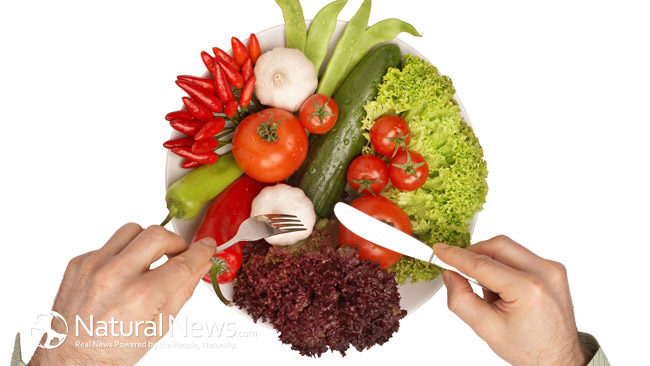A short guide (full version you can find here) on what you should eat to fight the flu, and what food can be dangerour for your health.

We are what we eat. So to strengthen our immune system, and ourselves as well, we must make the right food choices. We recommend certain foods that may help to prevent the flu and mention certain foods that are best avoided.
You should know that fruits and vegetables will provide the necessary vitamins and minerals to keep your immune system, and many other systems, functioning properly. In addition, most adults need seven to eight hours of uninterrupted sleep each night.
Below are some vital nutrients for your health.
Rich Foods: Milk, Cereal, Salmon, Tuna, and Sardines – Vitamin D
Vitamin D regulates the absorption of calcium and phosphorus in our bones and in cell to cell communication in our body.
Studies conducted by La Puma suggest that vitamin D causes the production of antimicrobial substances in the body, and sufficient amounts of it can offer protection against swine flu. Foods such as milk (which is fortified with vitamin D in the USA), fortified cereals, sockeye salmon, chinook and pink salmon, light tuna, and sardines packed in oil are good sources of this vitamin.
Products Containing Vitamin C
Vitamin C has antiviral properties and stimulates antibody production. It has also been shown to reduce the incidence of pneumonia that comes with flu. According to the USDA, the following fruits and vegetables have good amounts of vitamin C: strawberries; cantaloupe; papaya; kiwi; oranges; guava; green bell peppers; sweet red bell peppers and brussels sprouts. Spicy peppers such as serranos, jalapenos, and poblanos are also great sources of vitamin C and help to clear your sinuses.
Glutathione
This powerful antioxidant is most plentiful in the red, pulpy area of the watermelon near the rind. Glutathione is also found in cruciferous vegetables like kale, collard greens, broccoli, and cabbage.
Turkey
I’m talking about protein, but you can obtain more protein in turkey. You can get protein in lean meat, poultry, fish, legumes, dairy, eggs, nuts, and seeds. Be sure that protein is the vital source of energy which can help to overcome the illness or to prevent it. It’s recommended to eat at least 50 g of protein per day. Also, you are getting vitamins such as B6 and B12 in turkey which contribute to your good health.
Yogurt
Yogurt is another source of protein, but it also contains probiotics. If you don’t like turkey, it will be a good alternative for you. In addition, it also contains Lactobacillus reuteri, bacteria which help to block the virus from invading your body.
Sweet Potatoes
Those gorgeous autumn and winter root vegetables contain more than just great flavor. They’re also an excellent source of beta carotene which keeps your skin strong and healthy and makes it capable of fighting off bacteria that can sneak in through the epidermis.
Bananas
They contain Vitamin B6 and are also rich in potassium, which is lost during illness.
What not to eat
Processed food can rob our food of nutrients and vitamins that our body needs to fight off stress and promote good health. Simple carbohydrates and foods that have little or no fiber should be limited. Also, too much sugar can rob our body of essential nutrients. We need to consume whole foods instead.
Avoid the foods below:
- Ice cream
- Cheese
- Meat
- Snacks
- Instant mashed potatoes
- Pre-made frozen dinners
- Fried foods
- White pasta
- White rice
- Full fat dairy
- White potatoes
- White bread (baguettes, bagels, pita, etc.)
- Alcohol
- Caffeine
- Sugar
- “Instant” foods
- Preservatives
- Artificial flavors
- Saturated fats
- Refined foods
- Hydrogenated food
- MSG
- Simple carbohydrates from baked goods, pastries, crackers, and cookies
We have pointed out examples of good foods, but remember that these are not the only foods available to us. Relying on a single food or food group to provide adequate nutrition can be dangerous. That’s why our diet needs to be varied enough to include all the necessary nutrients and supplements.





